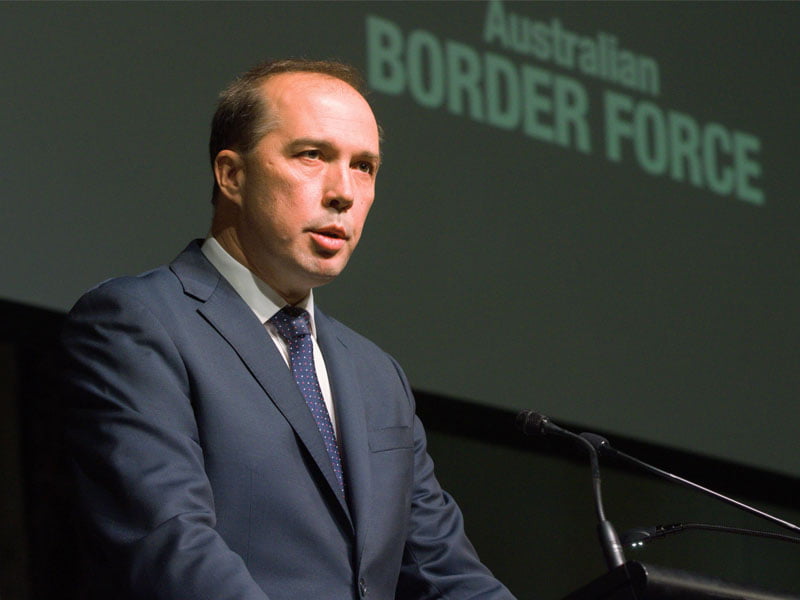The federal government has announced a two-month review into the current arrangements for the protection and management of identity information, with plans to update the National Identity Security Strategy.
The review of national arrangements for the protection and management of identity information was announced by home affairs minister Peter Dutton on Thursday with an aim to “determine ways to enhance or strengthen arrangements that support and govern the protection and management of identity information”.

“Each year, many Australians fall victim to identity crime, with an estimated cost of over $2 billion annually. The effective management and sharing of identity information is also critical to maintaining public trust in the delivery of government services,” Mr Dutton said.
“Citizens want to know that their privacy is maintained and the services being provided are tailored to their needs and easy to use.”
The review, which will be led by former Attorney-General department secretary Roger Wilkins, will be accepting submissions until the end of October and is expected to deliver its report to government by November.
Its aim is to review how effective the current arrangements are, and what needs to be done in order to better protect from identity theft, minimise the impacts of identity crime and better targeted government services, in a way that “respects and promotes people’s’ privacy”.
“This review will assess current identity management arrangements and include consultations with the states and territories, the private sector and interested civil society organisations,” Mr Dutton said.
The review may also form the basis of a new iteration of the National Identity Security Strategy, an agreement between the Commonwealth and states and territories signed in 2007 that the protection of a person’s identity is a key concern and right for all Australians.
According to the review’s terms of reference, it would focus mainly on the current arrangements for the issuing, using and managing of an individual’s documents, credentials and related identity information commonly used to prove someone’s identity by government and key sectors of the economy.
It would also identify and analyse the “key enablers, obstacles and risks associated with national arrangements for the protection and management of identity information”, including legislative frameworks, collection practices and coordination between government agencies and other entities.
Identity has been a key focus for the federal government, with a further $92 million provided to the Digital Transformation Agency in this year’s budget for the acceleration of its GovPass project. The digital identity program allows users to verify their identities using government services quickly and only once.
The DTA revealed the Trusted Digital Identity Framework earlier this year, which accredits those looking to integrate GovPass, such as state governments and private companies.
Australia Post is in the process of accrediting its Digital iD project against the framework, but its project has experienced turbulence recently, with the lost of its boss and reported funding cuts.
The federal government is also pushing ahead with a controversial facial recognition scheme, with the Identity-Matching Services Bill introduced to Parliament earlier this year, with the support of the Opposition.
The bill allows for the creation of a new interoperability hub facilitating the exchange of biometric identification data between Australian jurisdictions, a new service using facial recognition technology to identify an individual based on a photo, and an expansion of the service that confirms a person’s identity using biometric data.
The new scheme has been criticised by privacy and civil rights advocates, with Civil Liberties Australia arguing it will “shift Australia to a post-privacy age and into a new era of total surveillance”.
The ACIC’s own biometric project, contracted to NEC Australia, was scrapped earlier this year after it fell behind schedule and over budget.
Do you know more? Contact James Riley via Email.

